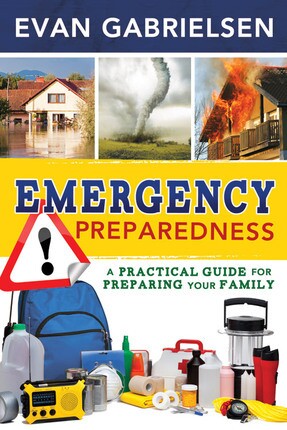Words like “preparedness” and “self-reliance” are often considered synonymous with “food storage” — and rightly so. For years, LDS Church leaders have counseled members to increase self-reliance by keeping at least three months’ worth of food on hand, with more long-term food storage as circumstances permit.
But there are some preparedness principles that have nothing to do with storing canned food or learning to cook with rolled oats. These ideas will help you prepare for a personal or widespread emergency by helping you be more temporally and spiritually self-reliant.
1. Save money
Especially in times of personal crisis, having some money set aside can relieve stress and sustain us and our families when income is not steady. Elder Devin G. Durrant taught of the wisdom of saving money in last October’s general conference. He said:
“I invite you to save money each week. The amount you save is not particularly significant; that is up to you. As you develop a habit of saving, you will benefit personally. And you may also have opportunities to assist others financially as a result of your diligence. Imagine the positive outcome of saving money weekly for six months, a year, 10 years, or more. Small efforts sustained over time can produce significant results.”
2. Learn first aid
In times of both sustained and brief crisis, knowing basic first aid will help you and your family immensely. . . .
Lead image from Utah Valley 360.
For more great tips, check out Emergency Preparedness: A Practical Guide for Preparing Your Family.



